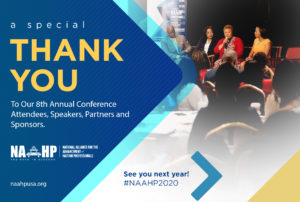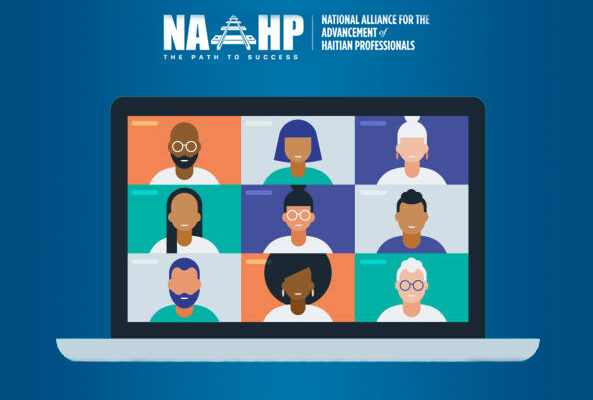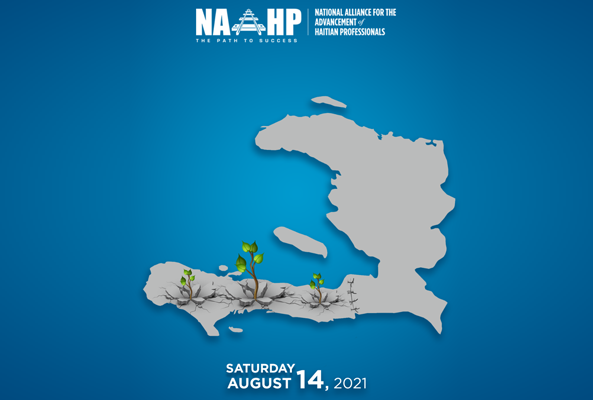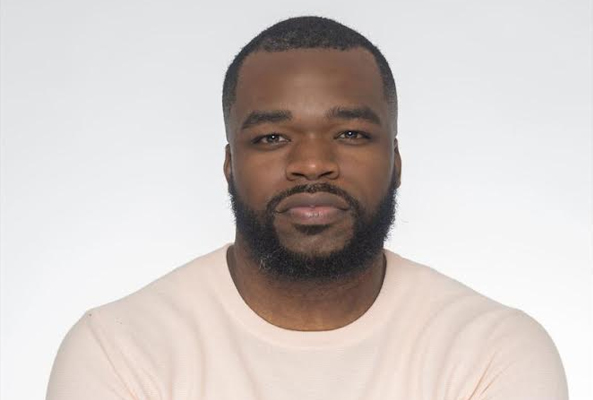
Corinne J.S Symietz
Corinne grew up in Port-au-Prince, Haiti, where she attended the Institution du Sacré-Cœur (ISC) from 1st to 13th grade.
After her High-School graduation in June 2002, she moved to New-Orleans Louisiana, where she completed her first two years of college. Since she was seeking a more challenging and rigorous engineering program from a top-tier university, she transferred to the University of Michigan (UMich), Ann-Arbor. During her undergraduate studies, she was a member of the Society of Women Engineers (SWE) and the National Society of Black Engineers (NSBE). Within these organizations, she held several leadership positions: chapter Vice-President, chapter President and Regional Leadership Trainer. In addition, she was an engineering intern at Northrop Grumman-Space Technology in California (2004), L’Oreal USA in New Jersey (2005) and the University of Michigan Health System (2006).
She obtained her Bachelor of Science in Industrial and Operations Engineering in April 2006. Subsequently, she joined the consulting workforce, first as an Analyst for Accenture, and then as a Consultant for RTX Technology Partners. Her consulting engagements spanned three main industries (pharmaceutical, financial services and telecommunications) in North America, Asia and the Caribbean.
Three years after graduating from UMich, she embarked on a journey to hone her managerial skills at the Wharton School of Business, University of Pennsylvania where she obtained her Masters in Business Administration (MBA) in 2011. After graduating from Wharton, she put her talent at the service of her home country, Haiti, in three distinct roles. She was the Project Manager for the launch of the National Free School Program; a senior Consultant to the Office of the Prime Minister to establish the Government Vision in Identification and Civil Registry and the Chief of Staff of the Minister of Planning. She is currently a consultant in NYC with Barclays, a British global financial services firm where she assists the COO of several Technology groups.
She’s an avid traveller (she has visited 55 countries so far). She also enjoys reading and photography. Furthermore, mentoring High-School students is a priority for her: she’s currently the Mentorship Coordinator for EducationHaiti.com, a forum that helps Haitian High-Schools students develop relevant skills to succeed in college and universities.
Corinne’s long-term dreams are to create enterprises that provide substantial employment in Haiti, and to establish more quality schools similar to ISC, which has given her the foundation to become a well-rounded professional today.
What led you to pursue your career?
I became aware of poverty, unemployment, and underemployment early in my teenage years in Haiti. This initial exposure to these complex issues has sparked in me the desire to make a difference in the world around me as an entrepreneur and as a philanthropist.
In my journey to become an entrepreneur/philanthropist, I’ve obtained an Industrial Engineering degree and an MBA, which have equipped me with the knowledge to operate and lead businesses. My studies combined with my rich professional experiences have provided me with diverse skills, which I consider the pieces of my career puzzle that are preparing me to realize my dreams.
How were you able to get started?
I was an active member of both SWE and NSBE as an undergraduate student. My academic performance coupled with my extracurricular activities paid off when I was recognized as a NSBE- Northrop Grumman Scholar, and offered the opportunity to work at Northrop Grumman as a summer intern. Working with Northrop was my first real engineering stint, the stepping-stone for various other challenging and enriching professional experiences.
What have been some of your professional highlights?
The first (while I was still an intern):
Saving $3,000 daily in production costs to L’Oreal.
As an intern for a L’Oreal manufacturing plant in New Jersey, I was responsible for analysing four packaging production lines and providing recommendations on potential productivity improvements and cost reduction. Once I identified the main problems, I presented my conclusions and recommendations to my manager. Furthermore, I implemented the transformations that I recommended, which saved L’Oreal $3,000 in daily production cost.
Another one (while working directly in Haiti):
Establishing the National Vision for Identification
While a consultant with the Office of the Prime Minister, my team was tasked to prepare a national vision for identification and civil registry. The goal was to provide adequate and affordable forms of identification and civil registry for Haitians living both in Haiti and abroad. This project is currently in the implementation stage, with tens of thousands of Haitians residing in rural areas and abroad obtaining their identification papers.
Do you personally know other Haitians in your field?
I personally know several Haitians and Haitian Americans working as Industrial Engineers, Entrepreneurs and Consultants. Some of them are my peers; others are my mentees, and even my mentors. I am also happy to say that their careers are flourishing both in the USA and Haiti.
What would be your advice to young people who want their careers and lives to have an impact?
First, you need to know who you want to become or what you want to achieve in your life. You don’t yet need to know every step to get to your goal(s) – but at least, you need to know what you aspirations are (whether it’s to own a chain of restaurants, become a partner at a firm managing billions of dollars, be a paediatric heart-surgeon saving new-born lives or create business generating jobs in Haiti, etc.).
Once you’ve established your goals, you need to identify the skills and the resources necessary to help you to achieve these goals. You can reach out to those with similar interests and to those who have made significant impact in your field of interest. You should also read about and research the subject.
Finally, you should establish a plan that threads the different steps you need to take in order to reach your goals. Your plan should be a step-by-step guide; however, be pragmatic. “Life” happens, and from time to time, you may/will have to adjust your plan (I did!). This process will not be a straight line or like climbing a ladder – it will feel more like a “gym jungle”. Changes will happen, but if you stay focused, follow your plan and put the necessary effort, you will reach your dream.
What do you think can be done for Haiti to develop financial independence without having to be reliant upon others in times of crisis?
Job Creation and Education:
I strongly believe that the ability to provide for one-self (earning from a job/profession) is fundamental to ensuring dignity and freedom for every Haitian while reducing the many woes that are devastating our home country.
Moreover, educating people so that they can be employable, provide for themselves and become valuable (tax-paying) members of society will lead us to financial independence.
Would you recommend NAHP to Haitian students and professionals? Why?
I would. NAHP is a great avenue to learn what other Haitians and Haitian Americans are doing positively with their careers and within their communities. They can be the trailblazers we can/should emulate. If they can do it, you can too!

 English
English Français
Français Donate
Donate Partner
Partner Shop
Shop Login
Login










